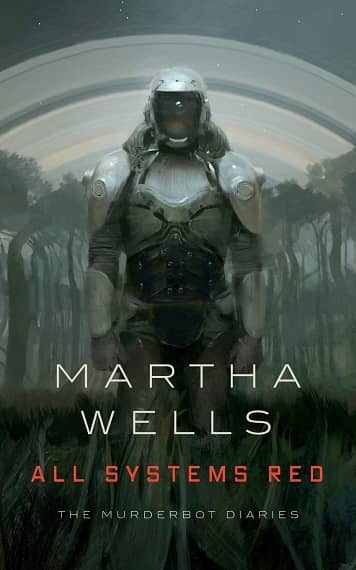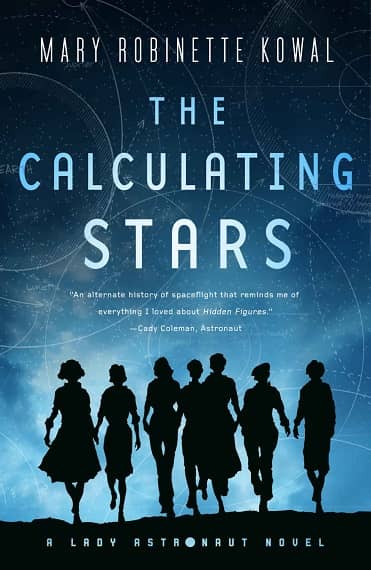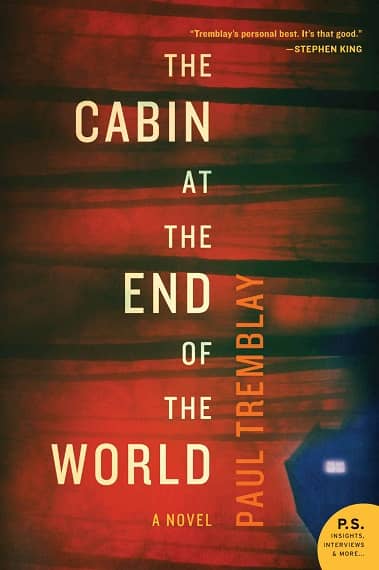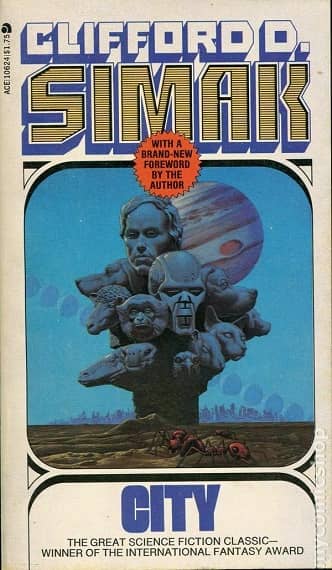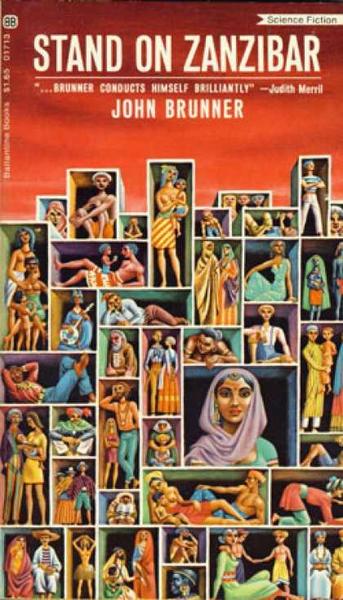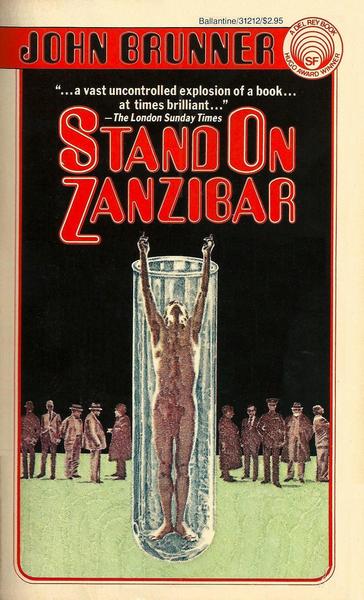Support the Tales From the Magician’s Skull Kickstarter!
 |
 |
Cover by Sanjulian
Great news, adventure fans! The magazine Tales from the Magician’s Skull — published by Goodman Games and edited by our very own Howard Andrew Jones — has launched a Kickstarter campaign to fund the 3rd and 4th issues. The first two were a huge hit with Black Gate readers, a great many of whom signed on to the first Kickstarter. The contributor list for issue #3 is packed with names very familiar to our readers, like James Enge, John C. Hocking, Violette Malan, Sarah Newton, and Joseph A. McCullough. The new campaign has already blown away expectations, but the creators are still trying to reach new readers. Here’s Howard:
The launch of the next issues of our fantasy magazine has gone great — our Kickstarter funded the first day! But SURELY there are more than 400 people who want to sign on for a bi-annual subscription to a magazine chock full of swashbuckling fantasy adventure tales! We bring high octane sword-and-sorcery!
Help me spread the word to find more readers, and direct them to the Kickstarter, where they can buy-in at reduced cost!
We’re the home of James Enge’s Morlock the Maker and the action packed tales of John C. Hocking! We print famed Warhammer fantasy authors William King, Nathan Long, and C.L. Werner! We feature the ongoing adventures of Violette Malan’s Dhulyn and Parno! Not to mention tales from talents like Dave Gross, Chris Wilrich, James Stoddard, Setsu Uzume, and many more!
And did I mention the great artwork and old school pulp feel that permeates the entire magazine?
Swing by and take a look, and don’t miss the Kickstarter updates penned by the Skull himself!
Support the new campaign here, and help bring this exciting new project to life. If you won’t do it for me, do it for the Skull.
